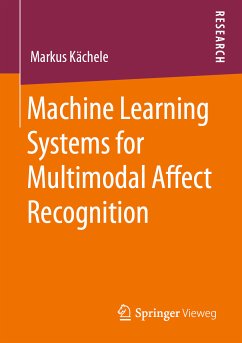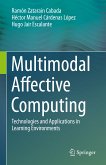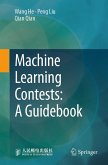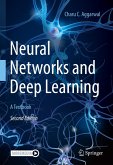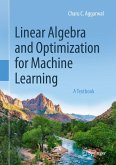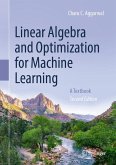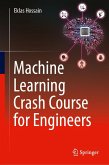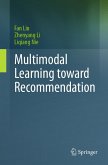Markus Kächele offers a detailed view on the different steps in the affective computing pipeline, ranging from corpus design and recording over annotation and feature extraction to post-processing, classification of individual modalities and fusion in the context of ensemble classifiers. He focuses on multimodal recognition of discrete and continuous emotional and medical states. As such, specifically the peculiarities that arise during annotation and processing of continuous signals are highlighted. Furthermore, methods are presented that allow personalization of datasets and adaptation of classifiers to new situations and persons.
Dieser Download kann aus rechtlichen Gründen nur mit Rechnungsadresse in A, B, BG, CY, CZ, D, DK, EW, E, FIN, F, GR, HR, H, IRL, I, LT, L, LR, M, NL, PL, P, R, S, SLO, SK ausgeliefert werden.

